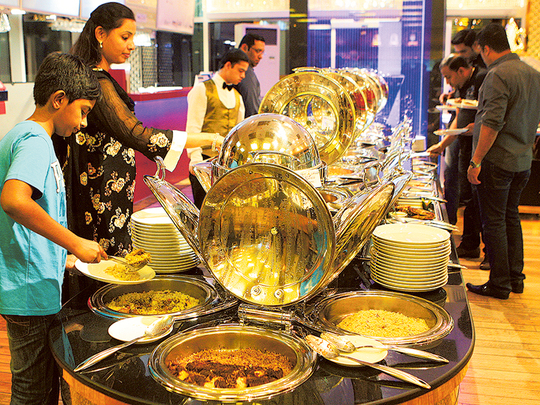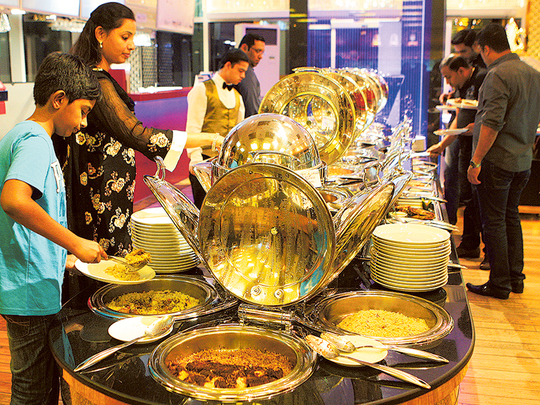Dubai shut 451 food outlets due to poor hygiene and safety violations in 2020

Image Credit: Supplied
Dubai: Dubai Municipality on Monday revealed that it had conducted 69,461 field inspection visits to food establishments in 2020, and temporary closure orders were issued to 451 establishments due to their poor hygiene levels.
Sultan Ali Al Taher, manager of the Food Inspection Section at Dubai Municipality, said that the year 2020 witnessed an increase in closures, compared to 2019, due to noncompliance with precautionary measures during the continuous campaigns in all areas of the emirate, especially during the COVID-19 pandemic and because the inspections targeted vital areas with high population density and tourist areas that were frequented by a large number of visitors.
The municipality continues to crack down on food outlets flouting COVID-19 safety precautions and has closed many violating outlets this month as well.
New outlets
As many as 1,303 new food establishments were opened during 2020, which is an increase of 8 per cent over 2019. With this, the total number of food establishments in the emirate at the end of last year reached 19,259.
“This is considered as an index to attract investment in this sector in Dubai, given the ease and speed of procedures of the relevant departments, such as the Department of Economic Development and the Department of Tourism and Commerce Marketing. In addition to that, Dubai Municipality has raised the standard of evaluation levels for food establishments, which in turn posed another challenge due to the conditions that the world was going through due to the pandemic. Dubai was ready to take up this challenge,” Al Taher pointed out.
The total number of food establishments is expected to reach 20,000 by the time Expo 2020 Dubai starts this October.
Al Taher explained that the Food Safety Department in Dubai Municipality has paid great attention to the use of modern technologies in managing the control operations of food establishments.
In keeping with the Dubai government’s approach towards transforming into a smart government, the official said, the general inspection and fines system has been developed through the application of a number of electronic systems.
Smart inspection system
“The smart transformation has taken place through the smart organisational inspection system, which allows to ensure that the inspection process is carried out professionally and impartially and it is a unified system for all inspection operations in Dubai Municipality, and is compatible with smart devices,” Al Taher pointed out.
He said that this system has been designed based on international best practises and the structure of assessment systems. The checklists in the systems follow the ones adhered to by the US Food and Drug Administration (FDA), the British Food Safety Agency (FSA) and the Australian City of Melbourne System.
“The smart organisational inspection system was designed to give the level of compliance in two different ways, the degree and colour cards, which are based on the number and category of violations detected during the inspection and auditing process.”
“The smart inspection system aims to improve the performance of resources and the speed of their completion, through automating the process of scheduling inspection visits, evaluating establishments, simplifying procedures (by linking activities to the inspection list), and promoting the principle of transparency,” explained Al Taher.
Linked to licence
“The smart inspection system is linked with the electronic licensing system of Dubai Department of Economic Development, and the system classifies food establishments, according to the size of the activity, and the degree of risk, which is classified into three — high, medium and low risk classifications. There is a checklist according to each activity and inspection visits are scheduled based on the establishment’s evaluation and risk. Reports are sent by e-mails and text messages, and the feedback from the establishments for corrective actions, objections or complaints also,” he said.
“The system is also characterised by effective communication with the target groups of the inspection process (supervisors, managers and owners of food establishments), as they can easily access their programme page, through the food establishment license number. Thus the can view all inspection reports and results on their own, and they can attach the corrective actions form to the results of the inspection. They can also object to the results of the inspection visit, through a dedicated link,” explained Al Taher.


